Iran calls sanctions removal its ‘red line’ in Vienna, urges US to bring substance to talks
Iran calls the complete removal of US sanctions its “red line” during the course of negotiations with the remaining signatories to the 2015 deal in the Austrian capital of Vienna, urging Washington to bring substance to the talks to immediately reach an agreement.
Speaking at a press conference on Monday, Iranian Foreign Ministry spokesman Saeed Khatibzadeh said Tehran expects the other sides at the talks, especially Washington, to make the necessary decisions before returning to Vienna on Tuesday to resume the talks.
“The issue of sanctions removal and benefits from the economic dimensions of the JCPOA is Iran’s red line in the talks,” Khatibzadeh said, using an acronym for the 2015 deal – the Joint Comprehensive Plan of Action – which the US has pulled out of.
He added, “We expect the delegations, including the United States, to return with clear instructions to fulfill their commitments under the JCPOA and remove the sanctions. We hope that what sounds like positive remarks would turn into practical commitments.”
Ball in US court
Khatibzadeh further said the ball is in the US court as “Iran and the JCPOA participants made tough decisions the same year they stayed in the JCPOA and allowed the agreement to survive,” hinting at the US withdrawal from the deal.
He stressed that an agreement can be quickly reached if the Americans do away with their behaviors which run counter to the 2015 agreement.
“US officials must know that they cannot impose the cost of their destructive and wrong decisions, including their unlawful withdrawal from the JCPOA, on the Iranian people. They need to gain the Iranian nation’s trust and return from the path they have taken so far. We are waiting to see such a change in their behavior in Vienna,” Khatibzadeh added.
‘Intimidating nations has failed’
Khatibzadeh also referred to Washington’s maximum pressure policy against Iran, saying it must have become clear for everyone that “the path of intimidating nations has failed.”
He lamented the fact that certain countries, the US in particular, still continue with their pressures.
The Iranian Foreign Ministry spokesman also criticized European parties to the JCOPA, arguing that they have frequently failed to honor their obligations and must therefore remedy their shortcomings.
Iran strives for ‘good, immediate agreement’
Iran’s Foreign Minister Hossein Amir-Abdollahian also said on Monday that the Islamic Republic will continue to strive for a "good and even immediate agreement in Vienna with seriousness and goodwill."
Speaking at a meeting with his Finnish counterpart Pekka Haavisto, Amir-Abdollahian added that Iran’s demands have not been fully considered with regard to the removal of sanctions.
He also said Europe is a very important region for Iran.
“We do not see Europe as [limited to] Britain, France, and Germany. While we welcome the development of relations with these three countries, Iran also pays attention to other European countries,” he said of the three European parties to the JCPOA.
‘Any good deal must remove all US sanctions’
Also on Monday, the secretary of Iran’s Supreme National Security Council (SNSC) said that any good agreement in Vienna must end the United States’ maximum pressure policy against the Islamic Republic and fulfill Tehran’s economic interests.
“The agenda for the Iranian negotiators to continue the eighth round of #ViennaTalks has been carefully defined,” Shamkhani wrote in a tweet.
“An agreement in which the sanctions that form the maximum pressure are not lifted will condition the country's economy and cannot be the basis of a #GoodDeal,” he added.
The agenda for the Iranian negotiators to continue the eighth round of #ViennaTalks has been carefully defined. An agreement in which the sanctions that form the maximum pressure are not lifted will condition the country's economy and cannot be the basis of a #GoodDeal.
— علی شمخانی (@alishamkhani_ir) February 7, 2022
Former US president Donald Trump unilaterally left the JCPOA in May 2018 and re-imposed the anti-Iran sanctions that the deal had lifted. He also placed additional sanctions on Iran under other pretexts not related to the nuclear case as part of his “maximum pressure” campaign.
In May 2019, following a year of strategic patience, Iran decided to let go of some of the restrictions on its nuclear energy program, resorting to its legal rights under the JCPOA, which grants a party the right to suspend its contractual commitments in case of a non-performance by the other side.
The US administration of President Joe Biden says it is willing to compensate for Trump’s mistake and rejoin the deal, but it has retained the sanctions as leverage.
Envoys from Iran and the P4+1 group of countries — Britain, France, Russia, and China plus Germany — have been holding negotiations in the Austrian capital for 10 months in a bid to resurrect the JCPOA.
The eighth round of the talks has been put on pause as diplomats returned to their capitals for consultations. The talks will resume on Tuesday.
D-8’s role in Iran’s economy after Cairo summit
China slams US as ‘war-addicted’ threat to global security
China ‘firmly opposes’ US military aid to Taiwan
VIDEO | Press TV's News Headlines
President Yoon Suk Yeol to be removed from office
At least 19 Gazans killed by Israeli airstrikes since dawn: Medics
Leader: Iran neither has nor needs proxy forces
US fighter aircraft shot down ‘in friendly fire’ amid aggression on Yemen


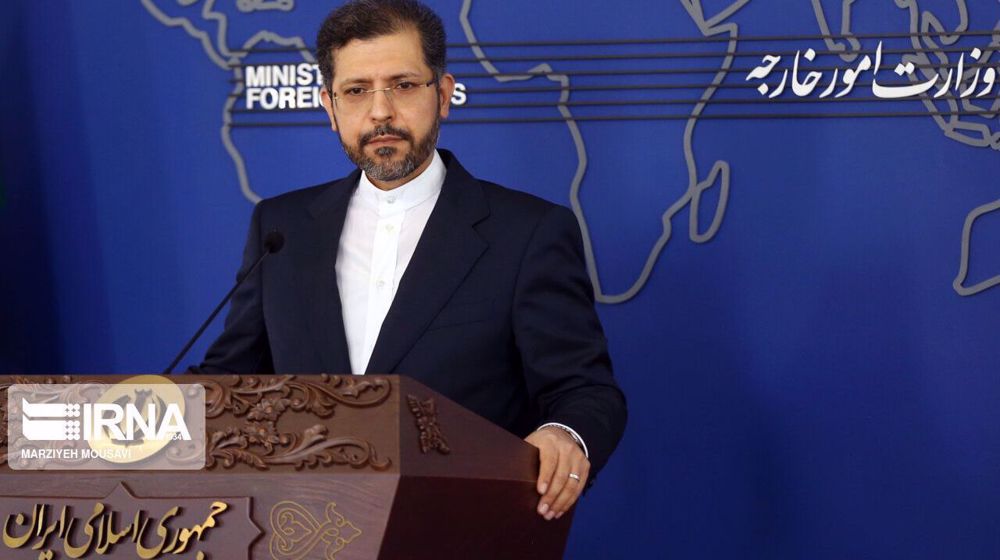
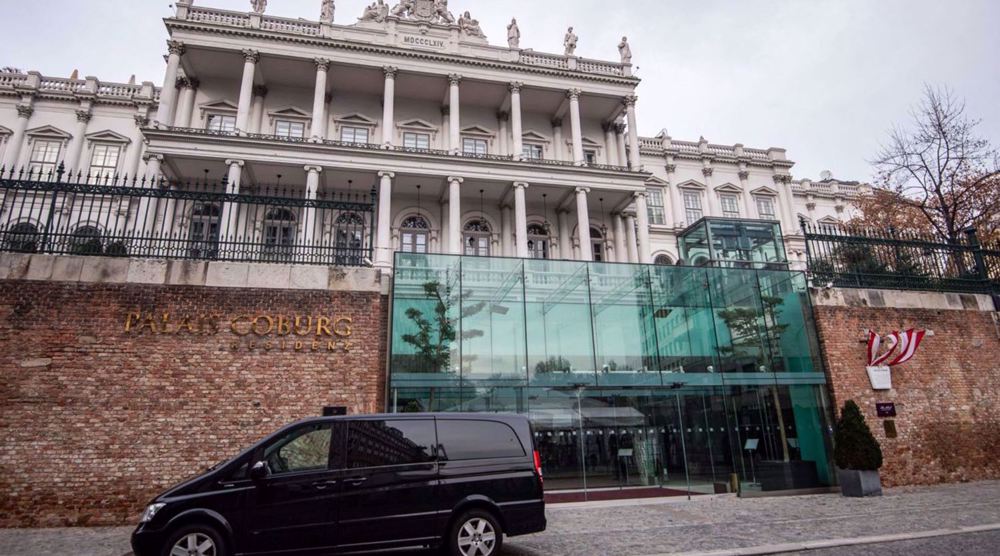
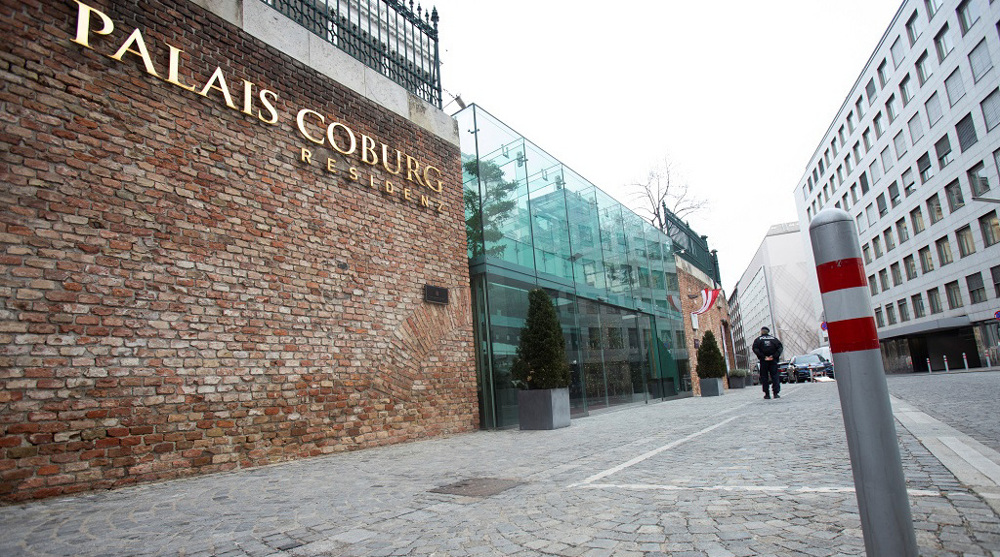






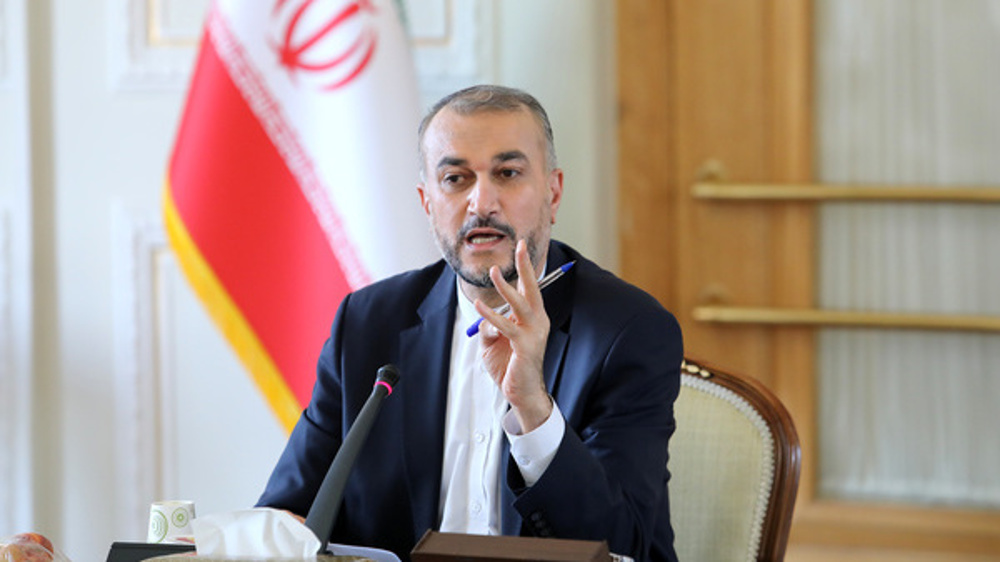
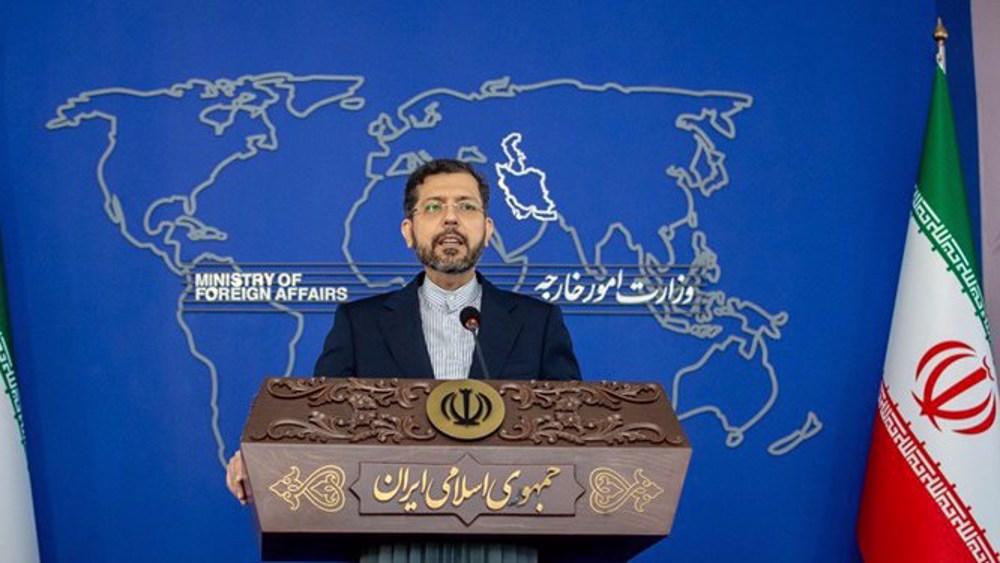
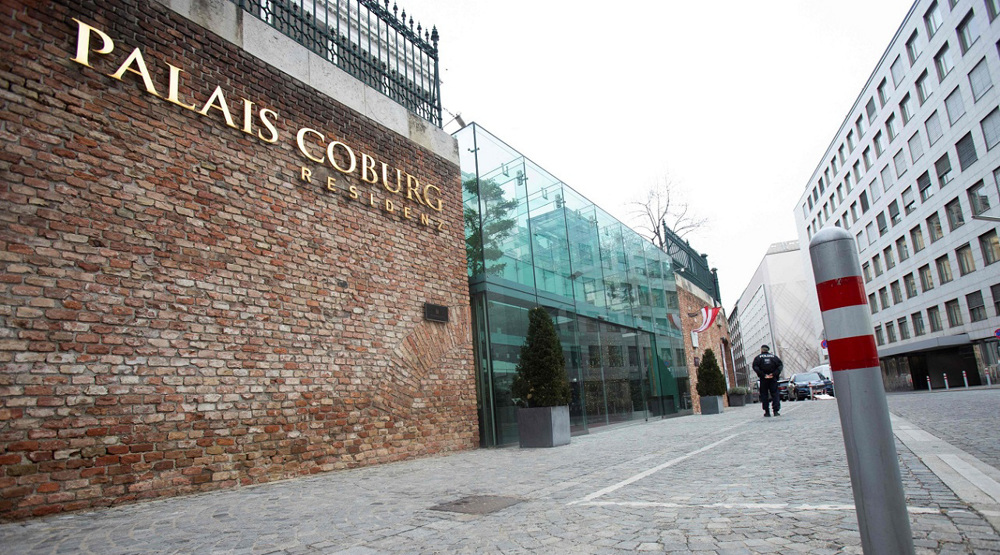
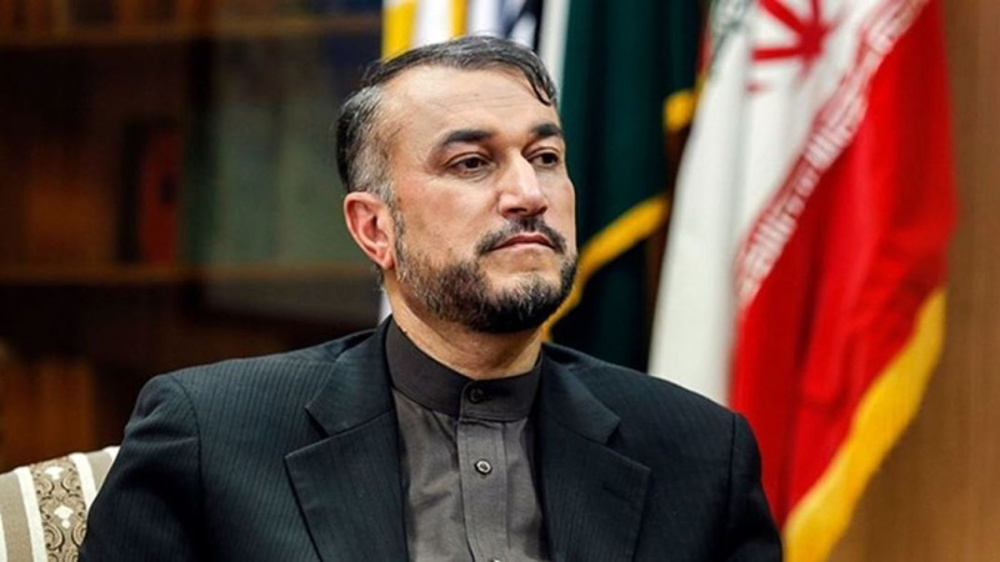
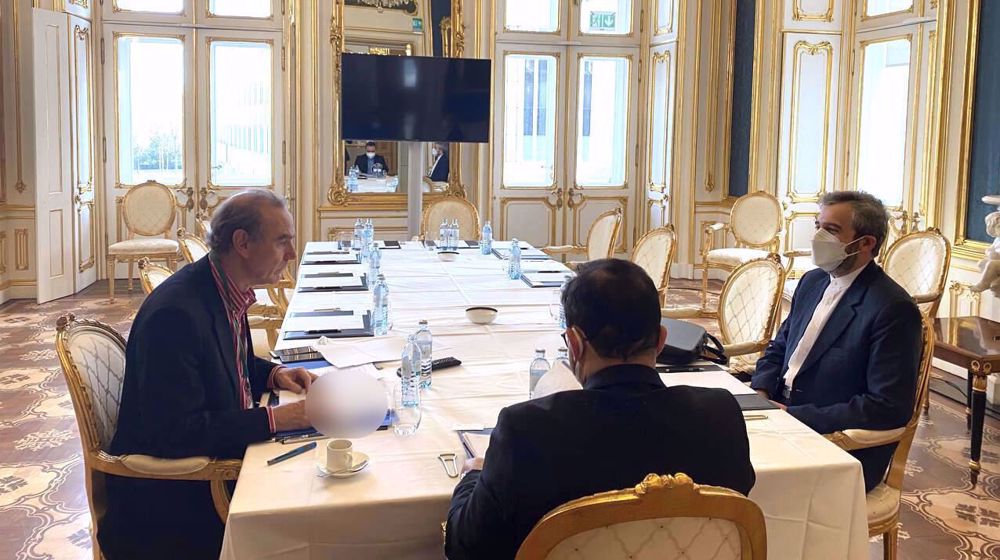
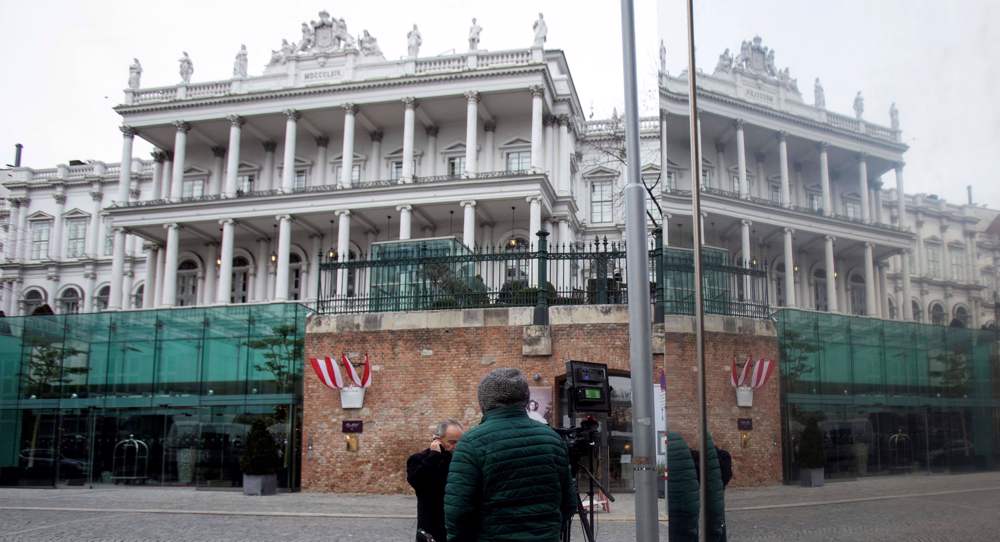
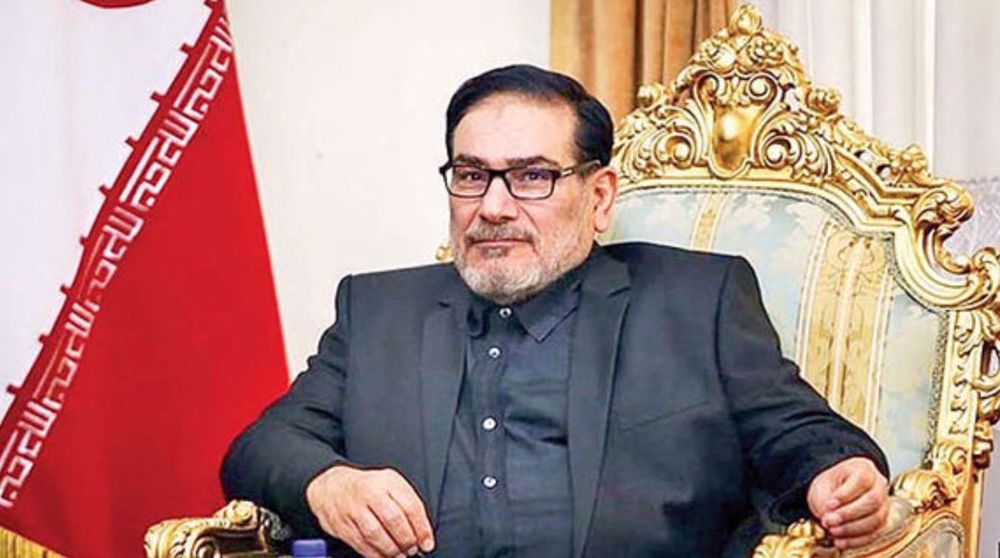
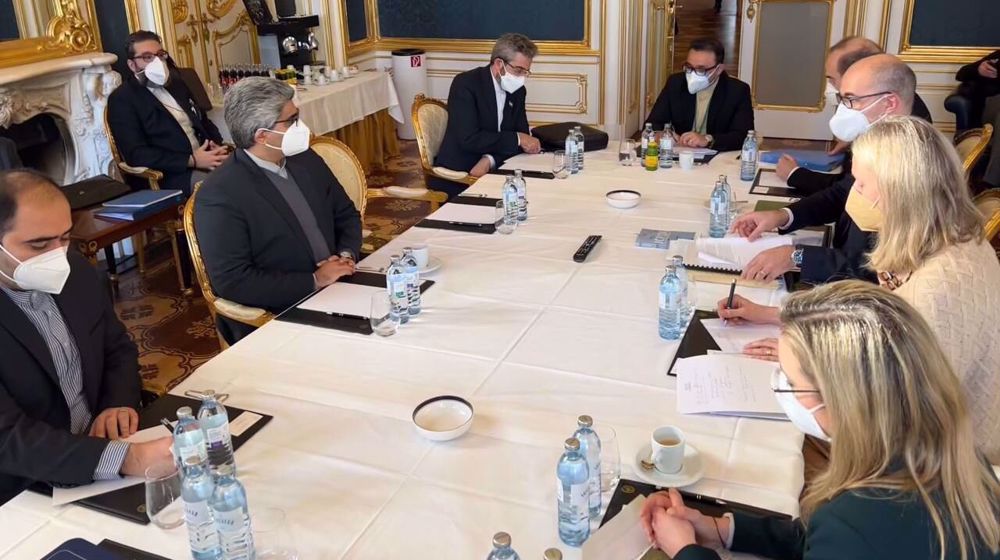

 This makes it easy to access the Press TV website
This makes it easy to access the Press TV website